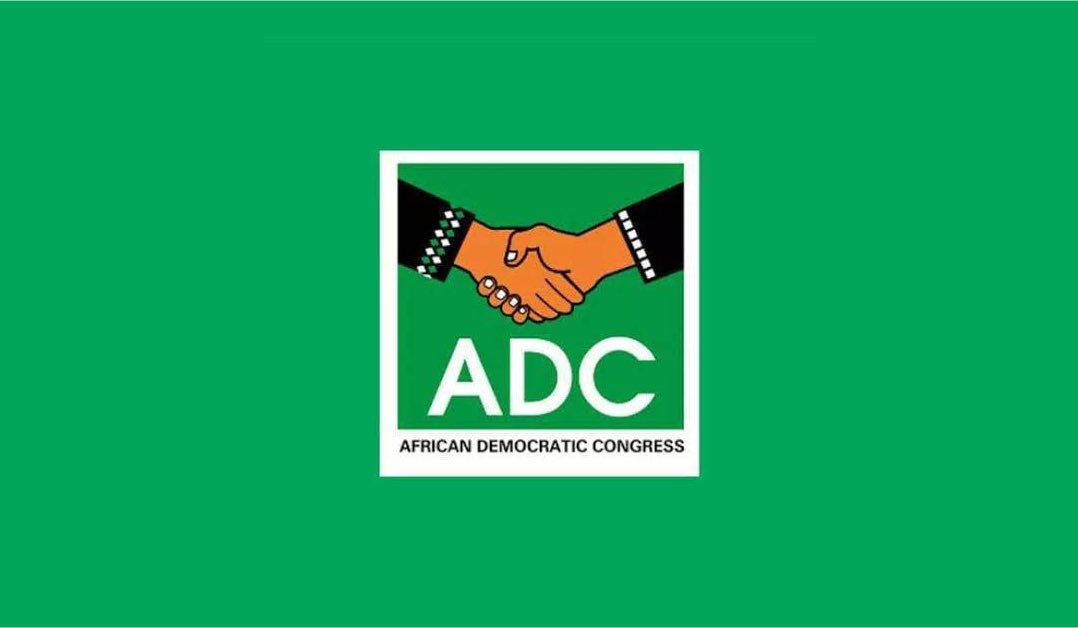With the 2027 general elections drawing closer, the African Democratic Congress (ADC) is grappling with internal challenges as two of its most anticipated members, former Vice President Atiku Abubakar and former Anambra State Governor Peter Obi, are yet to formally join the party. The hesitation by these opposition heavyweights, according to insiders, has slowed down the momentum of the coalition and left questions about its ability to present a strong challenge to President Bola Tinubu’s All Progressives Congress (APC).
The coalition, which was officially launched in Abuja in March 2025, had brought together key opposition leaders, including Atiku, Obi, former Kaduna State Governor Nasir El-Rufai, ex-Rivers State Governor Rotimi Amaechi, and others. On July 1, they gathered to adopt the ADC as their common political platform, with Senator David Mark emerging as interim National Chairman and Rauf Aregbesola as National Secretary. The move was widely praised as a historic attempt at consolidating opposition forces to prevent one-party dominance in Nigeria’s democracy.
However, despite public declarations of support, Atiku and Obi have not formalised their membership, and this delay is unsettling many within the ADC. Party insiders say that the absence of these big names has discouraged other politicians and supporters from committing to the party. One source noted that, “Since Atiku left the PDP, he has been partyless, and Obi too has refused to register. This lack of commitment is affecting the momentum we need to build ahead of 2027.”
The party is also battling institutional and financial hurdles. INEC has not yet fully recognised Mark’s leadership, while ongoing legal disputes and resource constraints have slowed organisational growth. Some ADC leaders believe these challenges are compounded by alleged efforts from the ruling APC to sponsor litigation and frustrate the coalition’s progress.
Despite these setbacks, the ADC leadership insists that the party remains on course. National Publicity Secretary Bolaji Abdullahi dismissed suggestions of instability, saying that Atiku, Obi, and other key figures remain committed to the coalition. He argued that the process of membership registration takes time and emphasised that the coalition’s structures are gradually being established across the country.
Atiku’s media aide, Paul Ibe, also downplayed fears of his principal abandoning the coalition, stressing that Atiku remained committed to the arrangement and would complete his registration “at the right time.” Meanwhile, Obi has remained silent on his next political step, though his Labour Party continues to be bogged down by internal crises.
Analysts suggest that the ADC’s success in 2027 will depend heavily on whether it can secure the formal commitment of Atiku, Obi, and other big-name politicians. Without them, the coalition risks losing steam and failing to convince Nigerians that it can serve as a credible alternative to the APC. For now, the ADC stands at a crossroads, projecting unity in public while struggling behind the scenes with uncertainty over its future.

